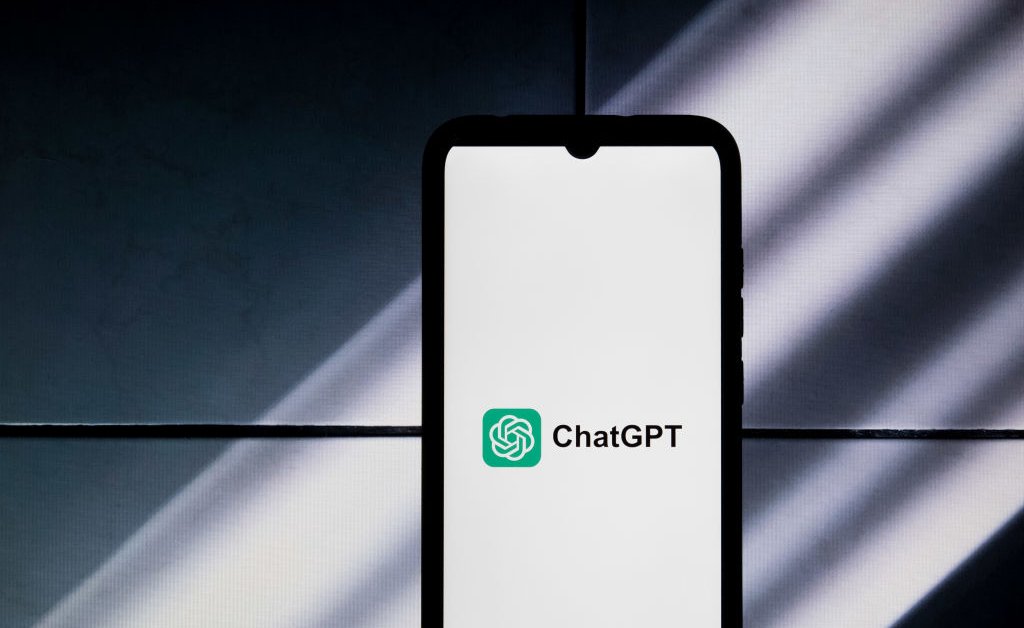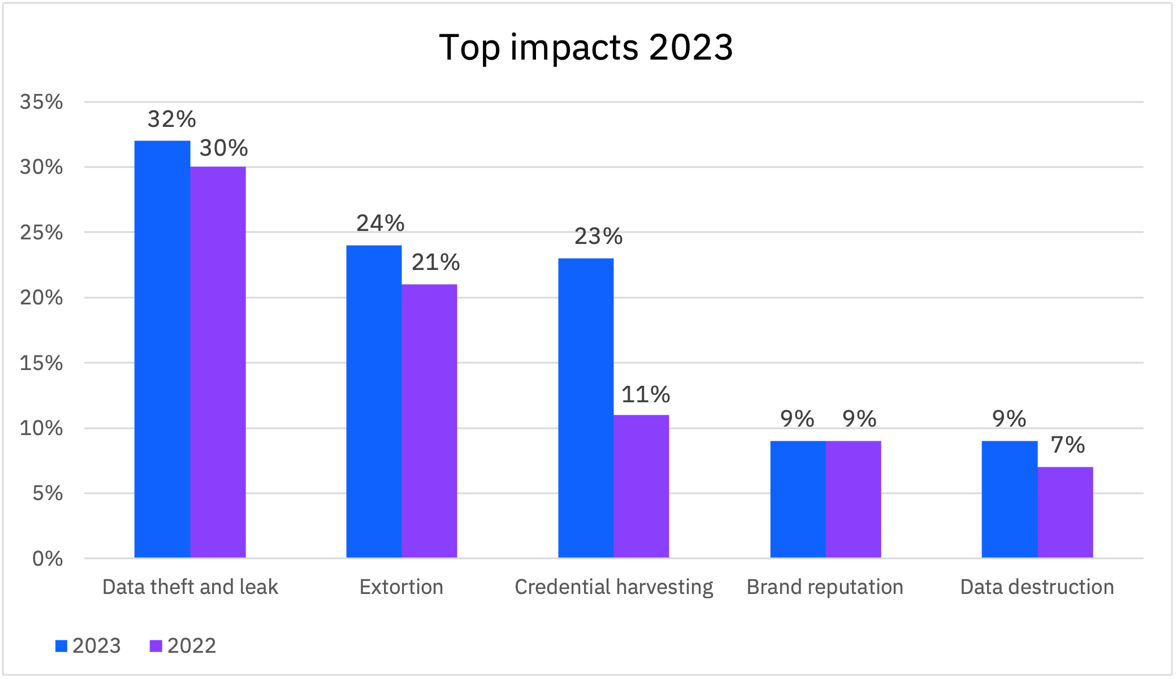The initial wave of users seeking assistance with homework and essays has now expanded to include scientists feeling the pressure to publish their work in reputable scientific journals. AI technology, such as ChatGPT, is beginning to revolutionize the traditional realm of scientific publishing. Melissa Kacena, the vice chair of orthopaedic surgery at Indiana University School of Medicine, has adapted her approach to reviewing submitted articles, being mindful of potential AI-generated content. She has developed a rule of thumb to scrutinize references within a paper, rejecting those with multiple inaccuracies.
Despite the challenges posed by AI-generated content, there are notable advantages as well. AI excels in tasks like crafting review articles, which involve synthesizing existing research, drawing conclusions, and offering fresh insights. Kacena conducted a study, detailed in Current Osteoporosis Reports, comparing the writing capabilities of students and ChatGPT in creating review articles. The results revealed that while ChatGPT produced articles that were well-written and easy to comprehend, a significant portion of the references were inaccurate and prone to plagiarism.
ChatGPT demonstrated proficiency in grammar and efficiency in data processing, outperforming students in certain aspects. However, its tendency to employ overly elaborate language unsuitable for scientific publications highlighted the importance of human oversight. The effectiveness of AI hinges on the quality of input it receives. With proper programming and training, ChatGPT could evolve into a valuable tool for researchers by offering data summarization suggestions and graphical representation insights.
Collaboration between students and ChatGPT showcased the potential for improvement through feedback. By addressing issues like inaccurate references and plagiarism, ChatGPT could enhance its performance. Future enhancements could involve programming ChatGPT to treat each scientific journal article as a distinct reference and prevent consecutive word copying to deter plagiarism.
Kacena envisions a future where AI aids researchers in streamlining the writing process and generating scientific discoveries. Emphasizing the importance of ethical and responsible AI utilization, she believes that refining and leveraging ChatGPT effectively will be crucial moving forward.










